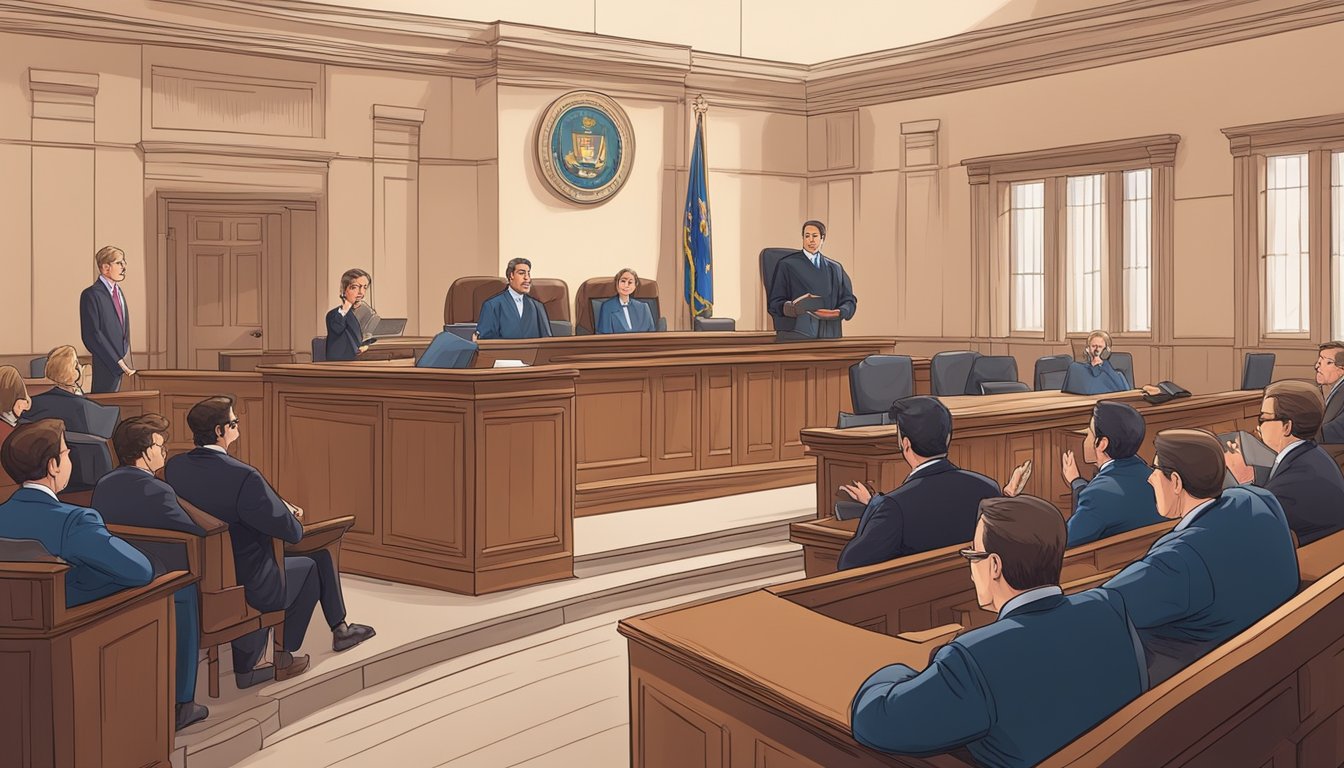Understanding Uninsured Motorist Coverage
Uninsured Motorist (UM) coverage is a part of your car insurance policy.
It helps protect you if you’re in an accident caused by a driver who doesn’t have liability coverage.
This means the at-fault driver has no insurance to pay for your medical or repair bills.
Key components include:
- UMBI: Pays for injuries to you and your passengers.
- UMPD: Covers damage to your vehicle.
Underinsured Motorist (UIM) coverage works similarly.
It protects you when the at-fault driver’s insurance limits are too low to cover all your damages.
Many car insurance policies include both UM and UIM protections.
States can have different requirements for these coverages.
In some states, it’s mandatory, while in others, it’s optional.
Always check your state laws.
Coverage limits play a crucial role.
Each policy will have limits on how much it will pay per person and per accident.
Review these limits carefully to ensure adequate protection.
In hit-and-run accidents, UM coverage is particularly important.
Without it, you could be left paying out-of-pocket for your injuries and car repairs.
Knowing the terms and conditions of your insurance policy can help you make informed decisions.
Always verify details with your insurance company.
Insurance organizations like the Insurance Information Institute provide valuable data.
They help highlight the gap between those without insurance and the importance of UM coverage.
Remember, every auto insurance provider might offer slightly different terms.
It’s beneficial to read the policy thoroughly and ask questions if something is unclear.
This ensures that you and your loved ones are properly protected when on the road.
Impacts of Uninsured and Underinsured Drivers
When uninsured or underinsured drivers cause accidents, the impacts can be significant.
If you are involved in a car accident with such a driver, it can leave you facing numerous challenges.
Medical Bills
Uninsured motorists often lack the resources to pay for your medical expenses.
You might need to rely on your own uninsured motorist coverage to handle the costs.
Damages and Lost Wages
Car accidents involving underinsured drivers can lead to damages that exceed their policy limits.
This situation could leave you covering repairs or replacements out of pocket.
Injuries and Pain
An accident caused by an uninsured driver can result in injuries that require long-term care.
This might include medical treatment and rehabilitation.
Property Damage Claims
Without sufficient insurance, an at-fault driver may be unable to cover your property damage claim, leaving you to handle those expenses independently.
Bodily Injury Liability
Lack of adequate insurance from the at-fault driver can result in you using your own policy’s bodily injury liability to cover the gaps.
Dealing with hit-and-run drivers can be particularly challenging.
If the responsible party cannot be tracked down, you may face even greater difficulties in recovering costs for injuries and damages.
Your uninsured motorist coverage can help bridge the gap when the other party cannot meet their financial obligations, but this often requires higher premiums, especially if you are categorized as a high-risk driver.
This can make your insurance costs higher.
Understanding the impacts of uninsured and underinsured drivers is crucial.
You might consider additional coverage options to protect yourself from these risks.
Claims and Legal Aspects of Insurance

When you file an uninsured motorist claim, it’s crucial to understand your insurance coverage.
For instance, uninsured motorist insurance covers damages if the at-fault driver has no insurance.
This can include both bodily injury coverage and property damage coverage.
Types of Coverage
-
Uninsured Motorist Bodily Injury Coverage: Pays for medical expenses, lost wages, and pain and suffering.
-
Uninsured Motorist Property Damage: Covers repairs to your vehicle.
-
Underinsured Motorist Bodily Injury: Activates when the at-fault driver’s liability limit is too low to cover your expenses.
-
Collision Coverage: Can also cover repairs when not covered by uninsured motorist insurance.
Legal Terms and Clauses
Filing claims often involves understanding different legal aspects.
Knowing about concepts like the claims-made policies can be beneficial.
Also, knowing the role of a claimant helps you understand your rights.
Process and Requirements
-
Report the Accident: Notify your insurance company promptly.
-
File a Claim: Provide all required documentation, like police reports and medical records.
-
Deductibles: Be aware of the deductible amounts in your policy.
Insurance Coverage
-
Liability Insurance: Covers damages you cause to others. It often doesn’t cover your own injuries or property damage.
-
Personal Injury Protection: May cover medical expenses regardless of who is at fault.
Additional Protection
Consider having both health insurance and car insurance quotes ready to ensure full protection.
This includes assessments of uninsured motorist insurance, collision insurance, and other types of coverage for comprehensive security.
Understanding these aspects ensures that you are prepared when filing an insurance claim, and helps make the process smoother.






